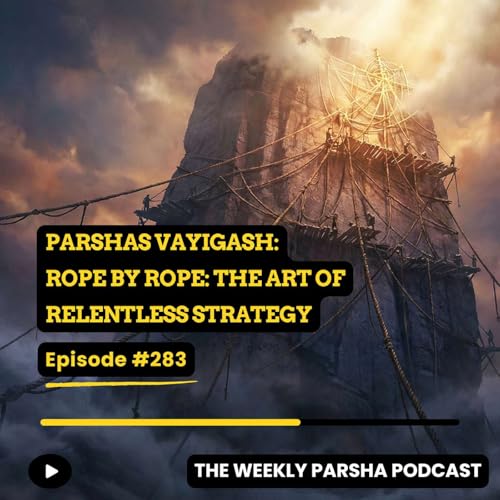A quiet “thank you” in Tzfas sparked a movement. From that simple beginning, "Thank You Hashem" evolved into a chorus of songs, hoodies, and heartbeats that you see on street corners and in shul hallways alike. We approached with curiosity and caution—questioning whether catchy slogans and lively concerts can genuinely convey Emunah—or if, amid all the hype, we risk reducing God from Master of the universe to a mascot on a sweatshirt.
Our journey takes a pivotal turn with the Ramban on Parshas Bo. He explains why miracles occur, why mitzvos exist, and what they point to every day: living evidence that God exists, knows, and cares. The Ramban’s bold statement shifts everything—the core intention of all mitzvos is to believe in God and acknowledge that He formed us. If the world’s purpose is human recognition and gratitude, then public reminders can support private devotion—provided they inspire intention and avoid shortcuts.
We discuss origins with the Bloomstein brothers, how music and merchandise spread the message, and the critiques: commercialization, pop aesthetics, and concerns about spiritual fast food. Then we find harmony. Gratitude isn’t just a feeling; it’s a form of service. A hoodie isn’t holiness, but it can serve as a nudge toward it. When songs motivate us to say “I see You” more often—in joy, in struggle, in the everyday—they become tools, not toys. The true test is whether our practices deepen awareness, humility, and thankfulness.
Join us as we shift from skepticism to a stronger embrace of radical gratitude. If you’re wrestling with faith in a noisy world, this conversation offers both caution and encouragement: maintain reverence, hold onto thought, and let reminders draw you back to the purpose of creation. If this resonated, subscribe, share with a friend, and leave a review sharing where you stand on TYH and the work of gratitude.
Support the show
Join The Motivation Congregation WhatsApp community for daily motivational Torah content!
------------------
Check out our other Torah Podcasts and content!
- SUBSCRIBE to The Motivation Congregation Podcast for daily motivational Mussar!
- Listen on Spotify or 24six!
- Find all Torah talks and listen to featured episodes on our website, themotivationcongregation.org
Questions or Comments? Please email me @ michaelbrooke97@gmail.com
 25 分
25 分 2026/01/3035 分
2026/01/3035 分 30 分
30 分 28 分
28 分 30 分
30 分 2026/01/0233 分
2026/01/0233 分 23 分
23 分 21 分
21 分
